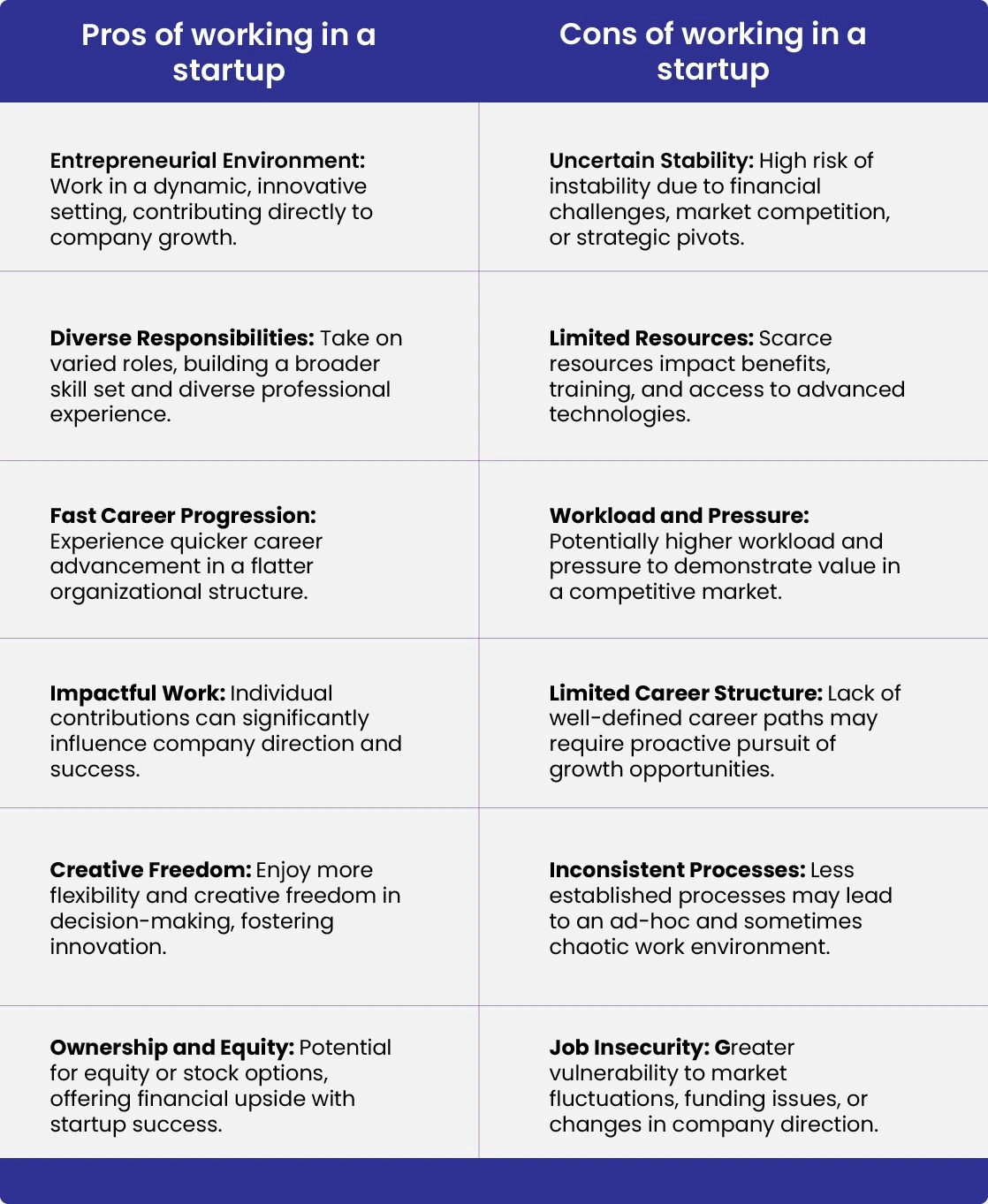Pros And Cons Of A Startup Business
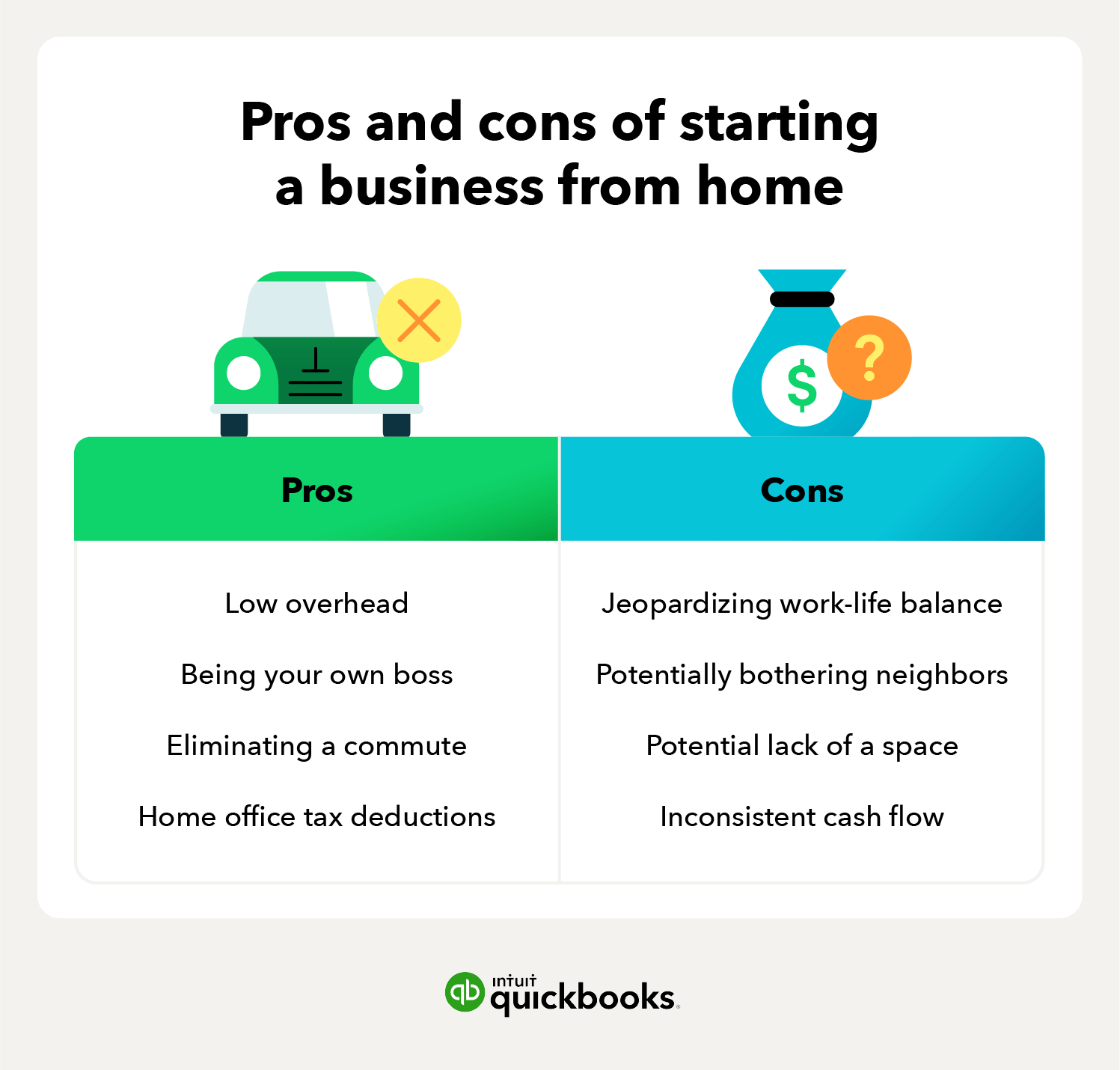
The allure of building something from the ground up, of being your own boss, and of potentially reaping significant financial rewards draws many to the startup world. However, the path of a startup is rarely smooth, presenting a unique set of advantages and disadvantages that entrepreneurs must carefully consider.
This article explores the pros and cons of embarking on the startup journey, providing a balanced perspective for those contemplating this challenging yet potentially rewarding endeavor. Understanding these aspects is crucial for making informed decisions and navigating the complexities of launching and growing a new business.
The Upsides: Potential Rewards and Growth
Autonomy and Control
One of the primary motivations for starting a business is the autonomy it offers. Entrepreneurs have the freedom to make their own decisions, set their own schedules, and pursue their vision without the constraints of a traditional employer. This level of control can be incredibly empowering and fulfilling.
According to a 2023 report by the Small Business Administration (SBA), independence is a key driver for small business owners, with over 70% citing it as a major motivator.
Financial Potential
While success is not guaranteed, startups offer the potential for significant financial rewards. If the business thrives, the founder stands to benefit directly from its growth and profitability. This potential can be far greater than the income earned as an employee.
Moreover, a successful startup can eventually be sold or taken public, resulting in a substantial windfall for the founder and early investors.
Innovation and Impact
Startups are often at the forefront of innovation, introducing new products, services, and business models to the market. They have the agility to adapt quickly to changing customer needs and emerging trends. This allows them to create a real impact on society.
Professor Clayton Christensen of Harvard Business School emphasized the disruptive power of startups, stating that they can "transform industries and create new markets" through innovative solutions.
The Downsides: Challenges and Risks
Financial Instability
Starting a business typically requires significant upfront investment, often from personal savings or loans. Early-stage companies often struggle with cash flow, and there's no guarantee of immediate or even long-term profitability. This financial instability can be a major source of stress.
A Bloomberg article highlighted that "lack of funding" is consistently cited as one of the top reasons why startups fail within the first few years.
Long Hours and Intense Pressure
Building a startup often demands long hours and an intense level of commitment. Entrepreneurs may find themselves working nights and weekends, sacrificing personal time and relationships. The pressure to succeed can be overwhelming.
"The life of an entrepreneur is a 24/7 job, especially in the initial stages," says Sarah Chen, a serial entrepreneur. "Be prepared to make sacrifices and dedicate yourself fully to the business."
High Risk of Failure
The reality is that many startups fail. According to Bureau of Labor Statistics data, a significant percentage of new businesses close within their first five years. Market competition, poor planning, and unforeseen challenges can all contribute to failure.
This risk can be particularly daunting for entrepreneurs who have invested heavily in their venture.
Limited Resources and Support
Unlike established companies, startups often have limited resources and support networks. They may struggle to attract talent, secure funding, and compete with larger players in the market. Building a strong team and accessing relevant resources are critical for survival.
Finding mentors and advisors who can provide guidance and support is essential for navigating these challenges.
Conclusion: A Calculated Risk
Starting a business is a significant undertaking that requires careful consideration of both the potential rewards and the inherent risks. While the autonomy, financial potential, and opportunity for innovation are attractive, entrepreneurs must be prepared to face financial instability, long hours, and a high risk of failure.
Ultimately, the decision to embark on the startup journey is a personal one. It should be based on a realistic assessment of one's skills, resources, and risk tolerance. With careful planning, diligent execution, and a strong support system, the challenges can be overcome and the rewards realized.
Aspiring entrepreneurs should conduct thorough market research, develop a robust business plan, and seek advice from experienced mentors before taking the plunge. Understanding the pros and cons is the first step toward building a successful and sustainable startup.




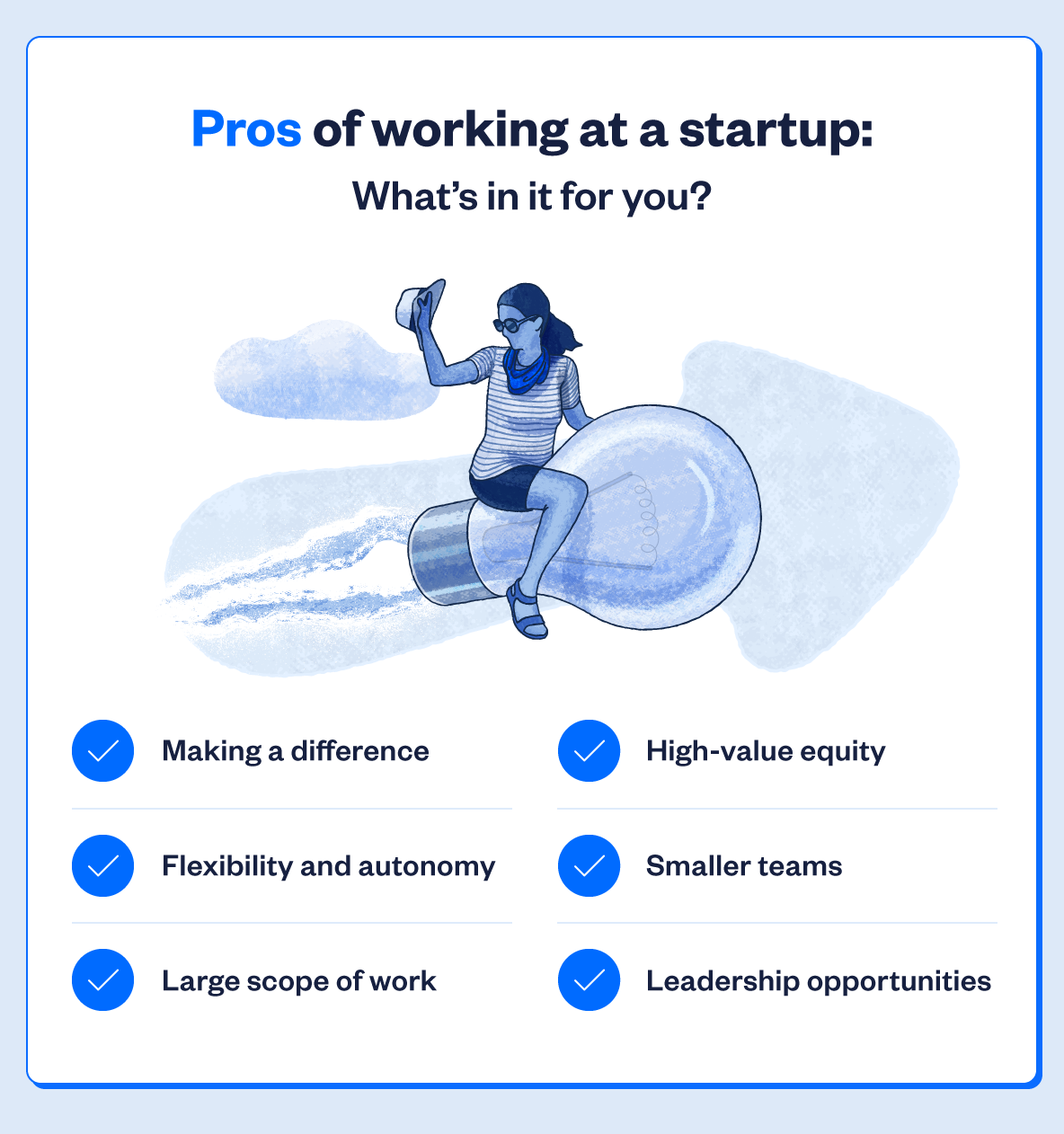

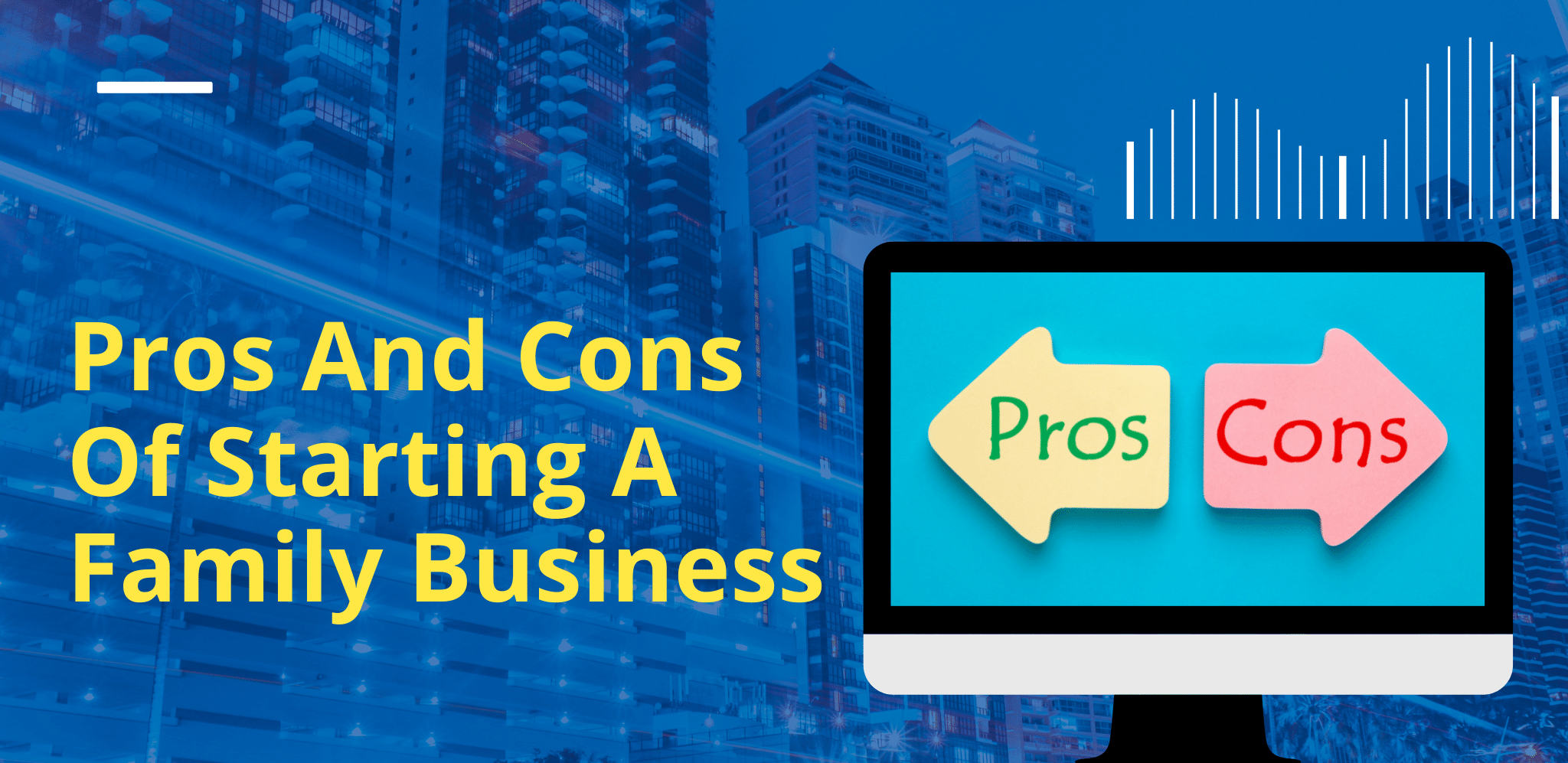
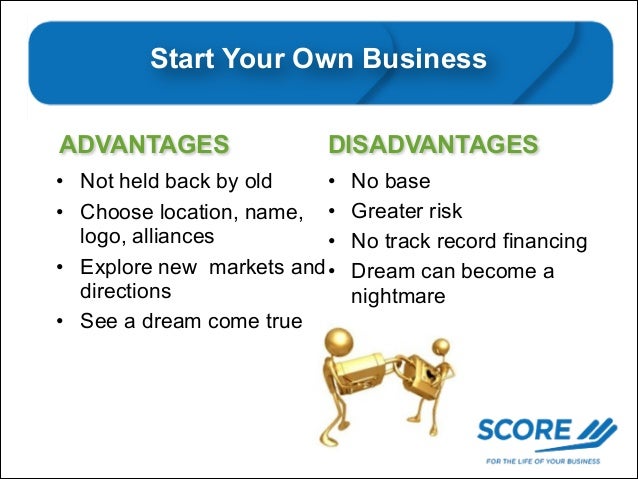
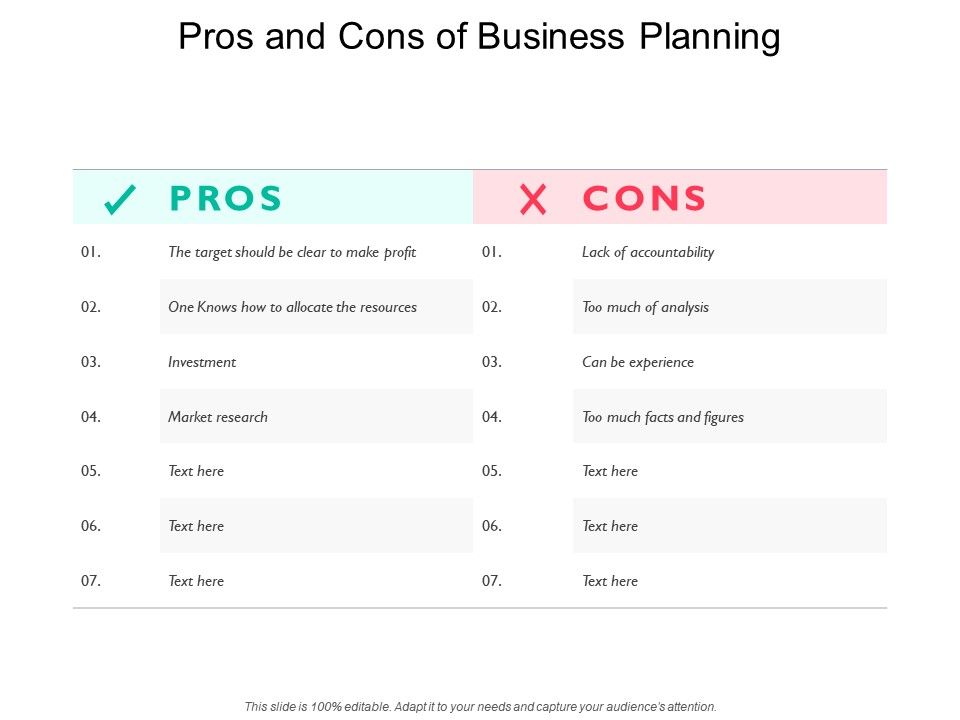

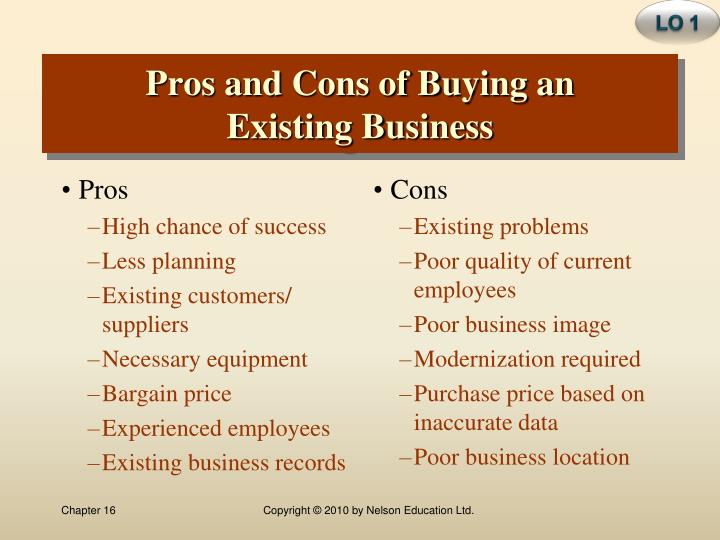
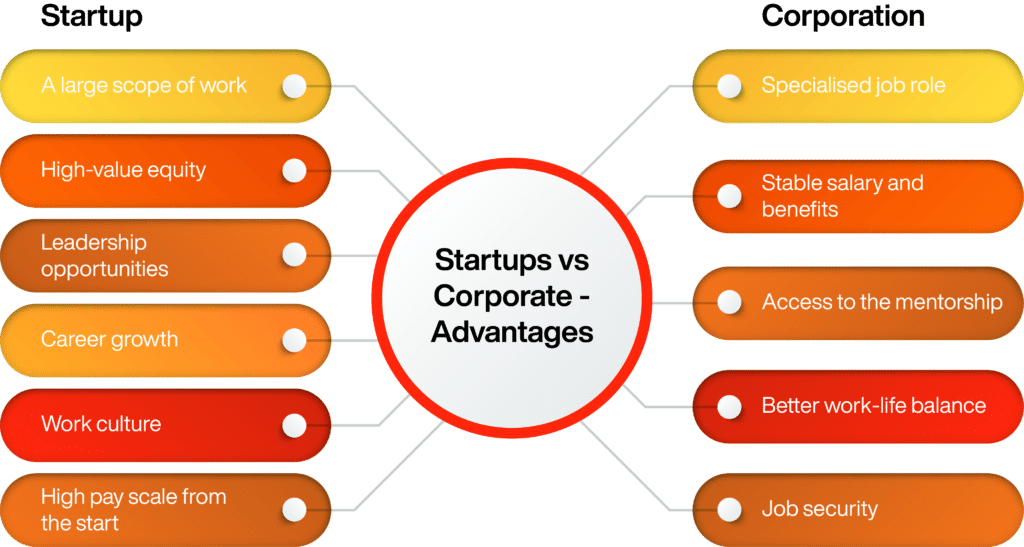
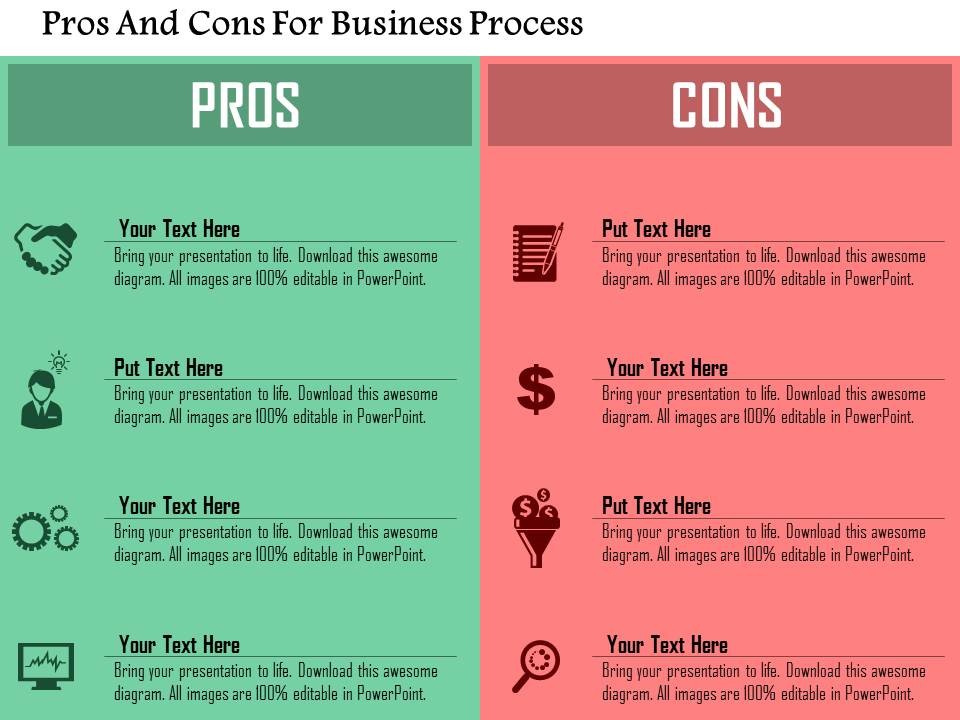

.png?format=1500w)

